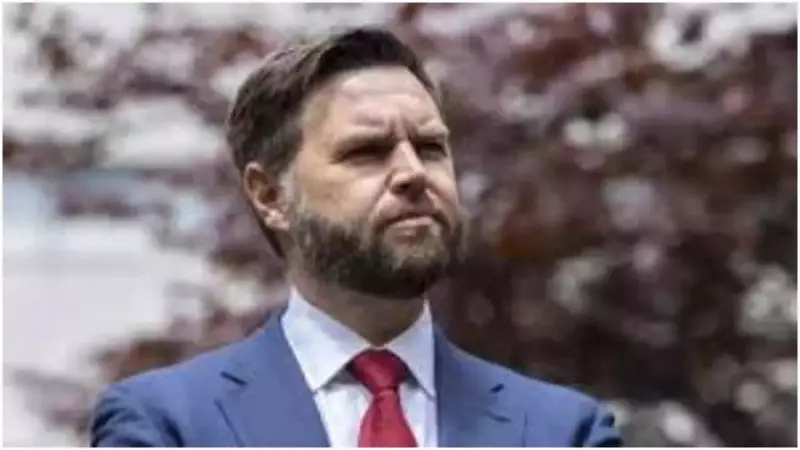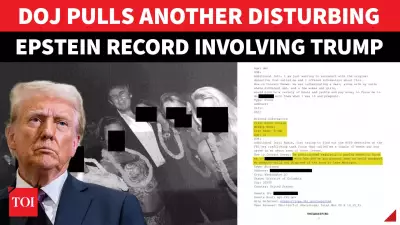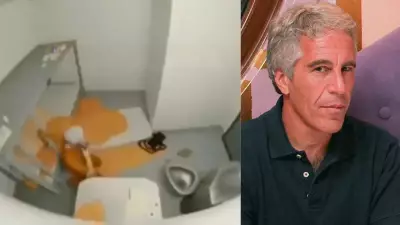
In a revealing development that highlights a nuanced debate within the Republican party, Vice President JD Vance has articulated a firm stance on foreign workers in the United States, a position that appears to diverge from the recent comments made by President Donald Trump. The discussion gains significance amidst the ongoing controversy surrounding the H-1B visa program.
The Vance Doctrine: Technology Over Low-Wage Immigration
During a conversation with commentator Sean Hannity, Vice President Vance laid out a clear ideological battle line. He directly criticized the Democratic approach, which he characterized as a model reliant on importing more low-wage immigrants. Vance argued that this model has negatively impacted American jobs, suppressed wages, and ultimately hindered national prosperity.
He presented the American public with a stark choice. "In other words, do you depend on low-wage immigrants or do you depend on American citizens bolstered by technology and innovation? That’s the Trump model," Vance stated. He passionately advocated for the latter, emphasizing that by leveraging technology to empower the domestic blue-collar workforce, the United States can achieve higher wages and greater overall economic health.
Trump's Counterpoint: The Need for 'Certain' Talents
This perspective from the Vice President, however, struck a different chord from that of President Trump. In a recent statement that triggered the current H-1B row, President Trump acknowledged that America lacks specific types of expertise and needs 'certain' talents from other countries.
To illustrate his point, the President cited the example of a battery plant in Georgia that was subjected to a raid. "They raided because they wanted illegal immigrants out. They had people from South Korea that made batteries all their lives. You know, making batteries are very complicated. It’s not an easy thing and very dangerous," Trump explained. He noted that the South Korean company had hundreds of experts present to manufacture batteries and train local workers.
When questioned if the H-1B visa program would be a priority for his administration, Trump responded affirmatively, "You're going to need that." The H-1B visa is a non-immigrant program designed for high-skilled individuals, predominantly employed in the technology and education sectors.
Navigating the Policy Divide
The emerging dialogue presents a complex picture for future US immigration and economic policy. While Vice President Vance draws a hard line against low-wage foreign workers, promoting a vision of a technologically-augmented American labor force, President Trump appears to leave the door open for specialized foreign talent deemed essential for specific industries.
This subtle but significant difference in emphasis between the two top leaders sets the stage for a critical policy debate. The outcome will have profound implications for the American tech industry, the blue-collar workforce, and the nation's competitive edge in the global economy. The world watches as the administration navigates this delicate balance between protecting domestic jobs and acquiring indispensable international skills.





